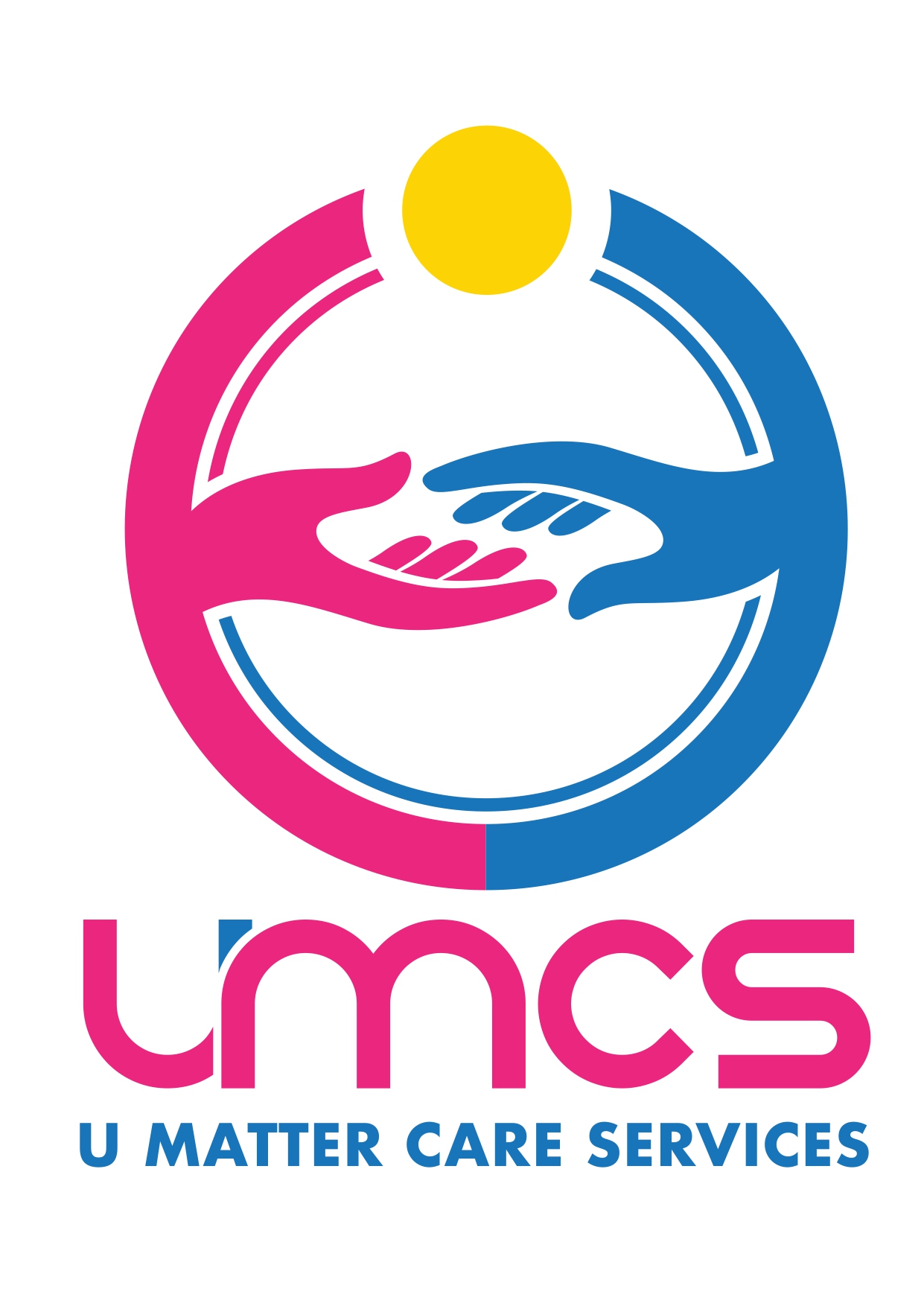What is Disability Advocacy?
Disability advocacy means getting help to protect your rights, speak up, and resolve problems. An advocate is someone who can support you to:
- Understand and stand up for your rights
- Get fair access to NDIS and community services
- Deal with NDIS, Centrelink, schools, workplaces, or housing issues
- Make a complaint or appeal a decision
- Be safe from violence, abuse, neglect or discrimination
- Communicate with any service, even if you feel nervous, anxious or unsure
- Request extra support or adjustments at school, work or public spaces
Advocates are independent of the NDIS, government and providers—they work for you and only you[[1](https://www.dss.gov.au/disability-advocacy/national-disability-advocacy-program)][7][9][10].
How Can an Advocate Help?
- Listen and guide you, free of judgment
- Go to meetings, appointments or hearings as your support person
- Write letters, explain paperwork or help you fill out forms
- Help you make choices and understand your options
- Connect you to legal or specialist help if needed
- Support you through the NDIS Appeals process (see below)
You can have an advocate with you at ANY time—especially if you feel pressured, confused, scared, or want backup.
It’s your right!
It’s your right!
How to Find Disability Advocacy Support
- Disability Gateway Helpline: 1800 643 787 (Mon–Fri 8am–8pm) — National referral to advocacy and support[[1](https://www.dss.gov.au/disability-advocacy/national-disability-advocacy-program)][5][9]
- NDIS Appeals Advocates: (Appeal NDIA decisions)
- Find your local appeals support via NDIS Appeals or QAI
- Victoria: (03) 9380 3900 — reception@vmiac.org.au [[3]]
- Find a local advocate: Disability Advocacy Finder
- Email (DSS): disabilityadvocacy@dss.gov.au
- National Disability Advocacy Network: dana.org.au
There is help for your specific background (intellectual, physical, CALD, First Nations, LGBTIQA+). If one group can’t help, they’ll refer you on.
NDIS Appeals Advocacy Support
- Advocates help you if you want to appeal an NDIA decision — internal review, or to the AAT/ART[[1][2][3][4]]
- They explain your rights, help paperwork, and may attend meetings with you[[2][4]]
- Support is free — must be requested within 28 days of an internal review outcome[[4]]
- If legal support is required, Legal Aid may be available in your state/territory[[4]]
- Advocates are also available for children/young people and families[[3]]
You don’t have to challenge NDIS or government alone — get expert advocacy on your side[[1][3][4][6][7]].
Your Rights With Advocacy
- You can bring an advocate to meetings, appeals, planning sessions, and reviews—no permission needed
- Advocates are confidential. They never share your info without consent (unless risk of harm)
- You will NOT be penalised or lose your services for seeking or using advocacy support[[1][7]]
- Free interpreters and accessible material are available (via TIS 13 14 50, NRS 1800 555 677)[[1]]
- An advocate will step aside if you wish, at any time, with no penalty
Advocacy is your safeguard—don’t hesitate to ask for help, whatever the issue is[[7][1][9]].
How to Make a Complaint About Advocacy
- About advocacy organisations: Contact CRRS (Complaints Resolution and Referral Service):
- Freecall: 1800 880 052 | JobAccess Complaints
- If using relay, call NRS 1800 555 677 then ask for 1800 880 052
- For other languages: TIS 13 14 50
- About NDIS or provider: NDIS Commission Complaints
Advocacy Support FAQ
Who can use advocacy services?
Anyone with disability, their families or representatives, can get advocacy. It covers all ages and all backgrounds.
NDAP services are free and confidential [[1][9]].
NDAP services are free and confidential [[1][9]].
What does “independent” mean?
An advocate doesn’t work for the NDIS, your provider, or the government—they only act in your interest [[7][9][10]].
Can an advocate make decisions for me?
No — they support you to make your own decisions, help communicate, and give you unbiased info.
How do I find a culturally appropriate advocate?
Many providers specialise in CALD, First Nations, LGBTQIA+, or specific disability areas. The Disability Gateway or Advocacy Finder will help you connect [[1][9]].
Can I get advocacy for legal or housing issues, too?
Yes — advocates can support with legal, education, health, housing, and NDIS issues, or refer you to specialist help [[1][4][6][9]].
Is there a deadline for appeals?
Yes — you must request NDIS Appeals support within 28 days of an internal review outcome [[4][2][3]].
